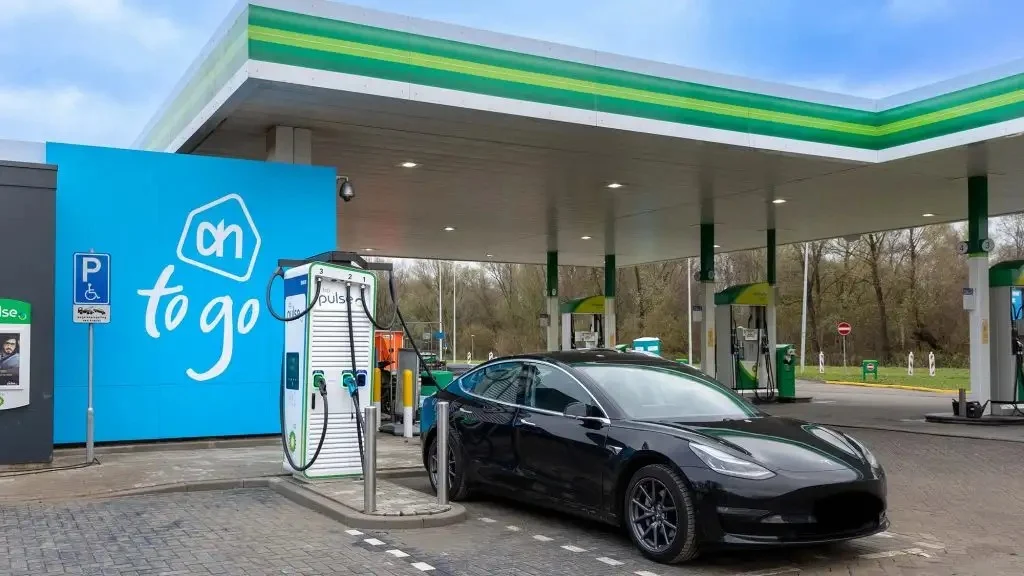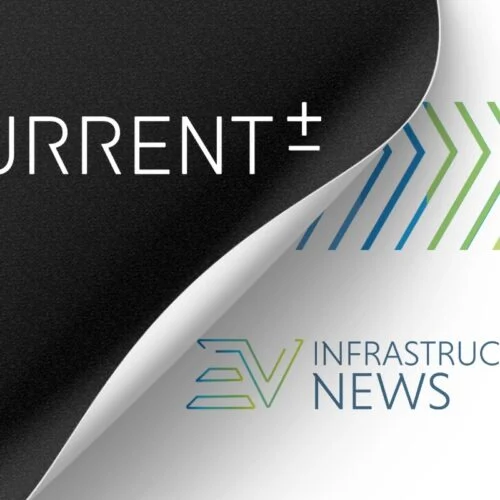Oil and gas giant bp has agreed to sell its Dutch petrol stations and bp pulse businesses in the Netherlands to Catom, a national fuel distribution and trading company.
The transaction includes around 300 bp-owned or branded retail sites – some with on-site EV charging infrastructure – as well as 15 operational bp pulse EV charging hubs, eight under development and the associated Dutch fleet business.
The sale, due to be completed by the end of this year, is part of a $20 billion (£14.7 billion) divestment programme bp announced earlier this year. The programme, which the company says will “reshape and high-grade its downstream businesses, focusing on leading integrated positions,” will refocus the company on oil and gas and withdraw from the renewables market.
However, its ‘reset strategy’ states that bp will continue to make “selective investments” in the energy transition, “including biofuels, biogas and EV charging”.
In its Q1 results for 2025, bp updated its divestment guidance to $3-4 billion (£2.2-2.9 billion) for 2025, with $1.5 billion (£1.11 billion) signed or completed to that date.
In the UK, bp confirmed reports that it will withdraw from the workplace charging market in response to a request for comment.
A spokesperson said: “At bp pulse, which is part of bp, we are constantly assessing opportunities to improve our competitive position and better serve our customers.
“Our aim is to be the number one ultra-fast and rapid network in the UK. We’ll continue to focus on building on-the go EV charging hubs and installing EV charging at our existing bp forecourts.”
The company also committed to honouring customers’ existing installations, warranties and service and maintenance agreements, adding that fleet customers will be able to access the bp pulse network via bp’s fuel and charge card.
The bp-owned EV charging company opened the first UK rapid charging hub specifically for EV fleets in 2021, featuring ten 50kW chargers.
It will continue to operate its retail stations and EV charging hubs in the UK, having launched its first ‘new format’ EV charging and convenience hub in Hammersmith, London, in February this year.
Fuel was removed from the old petrol station site and five bp pulse 300kW chargers were installed. This trend, starting with the move by Shell in 2022 to open its first EV charging hub, has since been followed with initiatives such as Be.EV’s £4 million EV forecourt project.
These projects model themselves after the fuelling experience for drivers of internal combustion engine (ICE) vehicles, although chargepoint operators do argue that the difference in process should be embraced and EV charging hubs built to reflect this.






